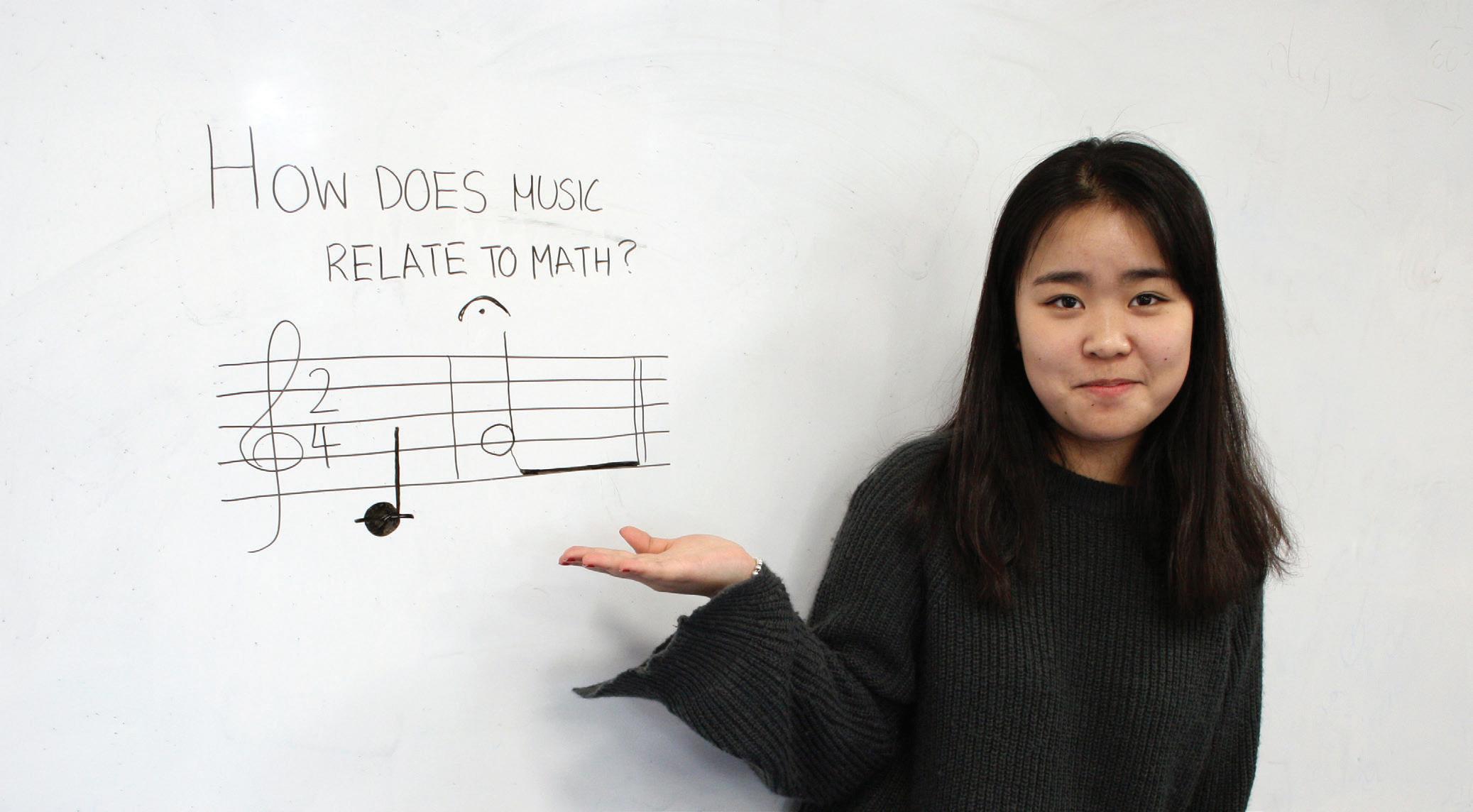Science matters
Bad science and serious consequences! Richard Harwood looks back at the impact of the MMR controversy Ben Goldacre’s book ‘Bad Science’ was first published in 2008 and broke new ground in exposing the misuse of science in various important areas of everyday concern. ‘Bad Science’ was an amusing, yet serious, discussion of the misappropriation of the scientific method (pseudo-science) to promote fake claims in medicine and the cosmetics and pharmaceutical industries. Originally derived from a series of newspaper articles, the book certainly made its mark; not least because it addressed one of the major medical controversies of the decade, and one which continues to provoke consternation and repercussions to the present day. That controversy was centred on the use of the MMR (measles, mumps and rubella) vaccine and a suggested, but unproven, link to the development of autism in children. The MMR vaccine is widely and effectively used around the world, with over 500 million doses having been given in over 100 countries by 2001. Prior to use of the vaccine, measles had resulted in 2.6 million deaths per year worldwide.
Commercial MMR vaccine preparation for the prevention of measles, epidemic mumps and rubella.
The suggestion of a link with autism first came to the fore in the early 1990s and gained extensive public notice as a result of the 1998 MMR autism fraud, where a fraudulent research paper written by Dr Andrew Wakefield was published in the prestigious UK medical journal The Lancet. Wakefield claimed to link the use of the vaccine to autism and bowel disorders. The story was given considerable media exposure in the UK and led quickly to parents shunning the vaccination of their children. In consequence the numbers of children contracting measles and mumps has increased significantly, resulting in deaths or serious permanent injury. When the medical authorities investigated Wakefield’s research methods he was found to have unethical conflicts of interest and to have manipulated the evidence. The original Winter
Summer |
| 2019
scientific paper was eventually withdrawn, and Dr Wakefield was ‘struck off’ the UK medical register and banned from UK medical practice. Over the years several reputed international studies have tested for any increased risk of autism in children receiving the MMR vaccine. None of them has found any evidence for this – the most recent, and highly comprehensive, report being published in February 2019 by a group of Danish medical researchers. Despite the continued refutation of any link between use of the MMR vaccine and autism, an antivaccination lobby has developed in a number of countries with significant consequences for children’s health. Dr Wakefield himself has moved to the United States and gained support from an ‘anti-vaxx’ movement publishing its ideas through the internet. The spread of these ideas has been linked to populist movements in several countries which spread distrust of an established expert elite. Parents in the US, Italy, France and Ireland, for instance, have been encouraged to think that vaccination in general may be dangerous and may compromise their child’s immune system. In February 2019 a Congressional subcommittee met in the US to discuss a series of outbreaks of measles in New York, Texas, Illinois, and Washington State. In the latter case the outbreak has been so serious that the Governor declared a state of emergency. In Ireland, a recent upsurge in cases of mumps has been attributed in part to a reluctance of parents to have their children vaccinated.
The World Health Organisation (WHO) has recently stated that ‘vaccine hesitancy’ is one of the ten biggest threats to health worldwide.
57



























